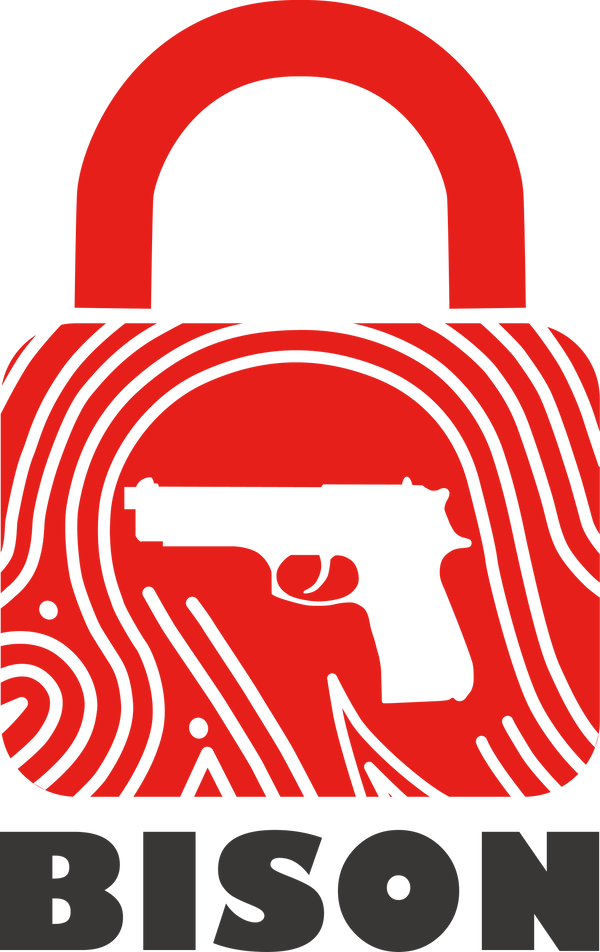The 2017 Las Vegas shooting stands out as one of the most shocking mass shooting incidents in American history. Below is a brief review and analysis of the event:
On the night of October 1, 2017, during the renowned music festival "Route 91 Harvest" in Las Vegas, a man opened fire from the 32nd floor of the Mandalay Bay Resort and Casino. Reports indicate that the shooter used multiple firearms, including semi-automatic rifles such as the AR-15 and AR-10, to continuously shoot at the festival crowd for approximately 10 minutes. This attack resulted in the deaths of 58 people and injuries to hundreds more, making it one of the deadliest mass shooting incidents in American history. The perpetrator was identified as 64-year-old Stephen Paddock, a retired accountant and real estate investor. Paddock had checked into a suite at the Mandalay Bay Resort and Casino days before the shooting and had prepared his attack plan there. Paddock committed suicide shortly after the shooting, leaving behind no clear motive or note.
The Las Vegas shooting highlights the complexity and multifaceted nature of gun violence. This event sparked widespread discussions and reflections on gun control, mental health services, and social structures.
Psychological Perspective
From a psychological perspective, the perpetrator, Paddock, may have been influenced by various psychological factors leading to the mass shooting. Firstly, Paddock may have suffered from severe mental health issues, although not officially diagnosed, as his behavior exhibited extreme mental instability. Secondly, Paddock may have experienced psychological setbacks and frustrations, leading to his dissatisfaction and anger towards society, thus choosing violence as a means of expression. Additionally, Paddock may have been influenced by violent media content, such as movies and games, which could have exacerbated his impulses and imitative behavior.
Sociological Perspective
From a sociological standpoint, the Las Vegas shooting reflects some deep-rooted issues in American society, such as social inequality, poverty, and social alienation. Firstly, Las Vegas, being a city primarily focused on entertainment and gambling, exacerbates social inequality and poverty, potentially leading to social exclusion and discontent among some individuals. Secondly, America's lenient gun culture and regulations make it easier for individuals to acquire firearms, potentially increasing the occurrence of gun violence.
In response to gun violence, psychology and sociology propose several solutions:
Mental Health Services: Strengthening the identification and treatment of mental health issues and providing psychological services and support for those in need.
Social Reform: Addressing social inequality and poverty to improve the social environment and structures, thereby reducing the occurrence of gun violence.
Laws and Policies: Strengthening gun control and management, enacting stricter gun regulations and policies to reduce illegal access to firearms.
Gun Safety Measures: Using devices like Bison gun locks is a crucial safety measure to effectively prevent unauthorized access to and use of firearms.
The 2017 Las Vegas shooting was a tragic event that inflicted immense pain and suffering on victims and their families. It also sparked profound reflections on American gun policies and social safety, highlighting the necessity of gun locks and drawing more attention to addressing gun violence.
